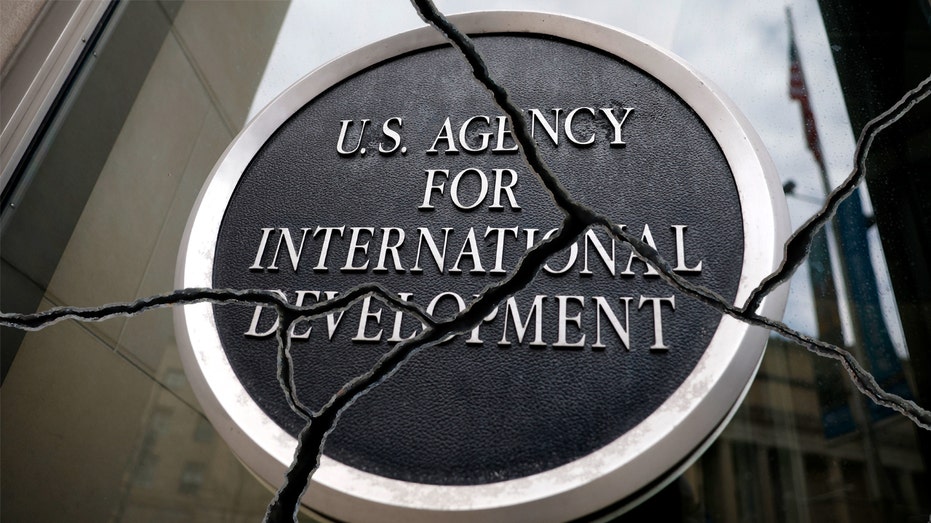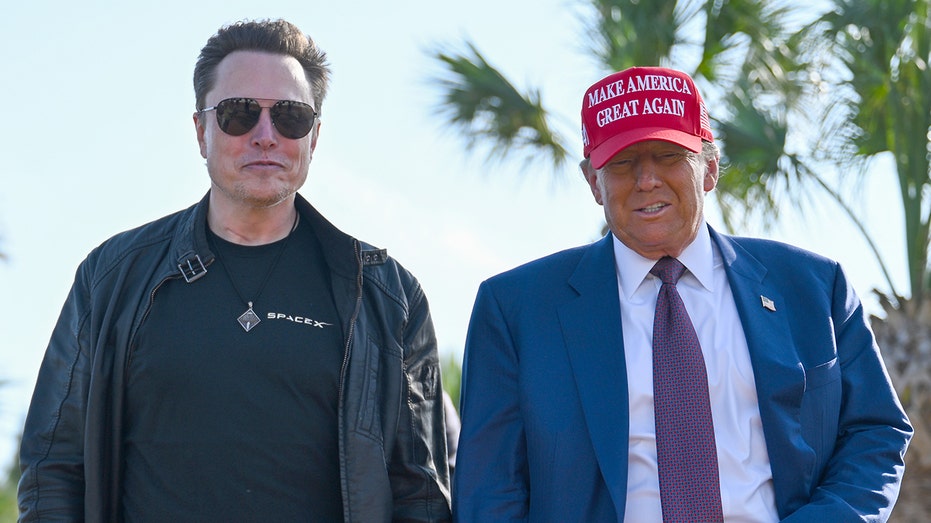The Department of Government Efficiency (DOGE), led by Elon Musk, is working to cut federal spending, shrink the government’s workforce and increase the efficiency of federal agencies.
DOGE was created by President Donald Trump through an executive order he signed on Inauguration Day. Under the order, DOGE will be a temporary organization within the White House that will spend 18 months until July 4, 2026, carrying out its mission.
The group has faced criticism over its access to federal systems, including the Treasury Department’s payment system, and moves to cancel federal contracts and make cuts at various agencies. A treasury official told lawmakers in a letter to Congress that DOGE has “read-only” access to the payment system.
In the weeks since its inception, DOGE has canceled a number of diversity, equity and inclusion (DEI) initiatives at federal agencies as well as certain consulting contracts, canceling leases for underused federal buildings, while also working to consolidate duplicative agencies and programs.
ELON MUSK’S DOGE MAKES ANOTHER HIRING PUSH
What has DOGE cut or targeted?
DOGE has focused much of its initial work on canceling DEI programs, consulting contracts and lease terminations for federal buildings.
DOGE wrote on Tuesday that it canceled 12 contracts in the Government Services Administration and the Department of Education that resulted in a total savings of about $30 million. It also canceled 12 underutilized leases for savings of $3 million.
On Monday, DOGE said it canceled 36 contracts, leading to savings of about $165 million across six agencies.
ELON MUSK’S DOGE SETTING ITS SIGHTS ON THE PENNY
DOGE wrote in a post on Sunday that it has canceled 22 leases in the past six days, saving $44.6 million.
On Jan. 29, DOGE said in a post on X that it had eliminated 85 contracts related to diversity, equity, inclusion and accessibility (DEIA) at more than a dozen federal agencies worth roughly $1 billion. It also canceled a $45 million scholarship program for students in Burma.

Musk and DOGE have also focused on the U.S. Agency for International Development (USAID) as a target for potential savings. USAID was created in the early 1960s to deliver aid around the world, particularly to impoverished and underdeveloped regions. The agency currently operates out of 60 nations and employs 10,000 people, according to the Congressional Research Service.
USAID’s website went dark and its employees were barred entry into its headquarters on Monday, while others had their work put on hold. The Trump administration announced Tuesday that all USAID direct-hire personnel will be put on administrative leave starting Friday.
Secretary of State Marco Rubio has been named acting director of the independent agency, and the Trump administration has signaled some parts of USAID may be absorbed by the State Department.
WHAT IS USAID AND WHY IS IT IN TRUMP’S CROSSHAIRS?

How much has DOGE saved?
DOGE posted on Jan. 28 that the group is “saving the Federal Government approx. $1 billion/day, mostly from stopping the hiring of people into unnecessary positions, deletion of DEI and stopping improper payments to foreign organizations, all consistent with the President’s Executive Orders.”
“A good start, though this number needs to increase to > $3 billion/day,” DOGE added.
DOGE hasn’t provided a detailed breakdown of its cuts, so it’s unclear how it is calculating the savings it is claiming.
Musk claimed on Friday that he was “cautiously optimistic that we will reach the $4B/day FY2026 reduction this weekend.”
He previously suggested that cutting an average of $4 billion a day in spending would be needed to reduce the federal deficit by $1 trillion in fiscal 2026, but he didn’t post a follow-up about whether the goal was achieved.
Most federal spending comes from mandatory spending programs such as Social Security and Medicare as well as interest on the national debt.
DOGE has thus far focused on areas included in discretionary spending, which is subject to annual appropriations by Congress.
Fox News Digital’s Caitlin McFall and Reuters contributed to this report.
Read the full article here











